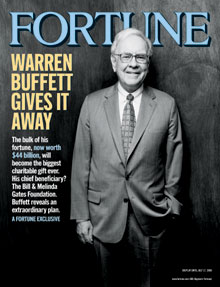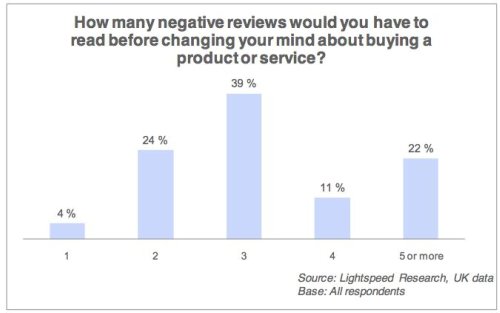Networking and Numbers - Does Size Really Matter?
Over the weekend I tipped a milestone of sorts - 1,000 first-level connections on LinkedIn - . I know connection numbers and social network graphs are relative; 1,000 connections may seem paltry to some of the folks reading this post, (particularly the well-connected recruiters out there). To other folks, even ones that are really successful and accomplished, one thousand so-called 'professional' contacts may seem like a huge amount. We all know from personal experience executives that might not even have a LinkedIn profile, much less a large, cultvated online network spanning organizations, industries, and backgrounds. The last VP of Human Resources that I worked for reached her position, (at a Fortune 1000 company), without ever having a LinkedIn profile.
LinkedIn profile, much less a large, cultvated online network spanning organizations, industries, and backgrounds. The last VP of Human Resources that I worked for reached her position, (at a Fortune 1000 company), without ever having a LinkedIn profile.
It seems clear that while 'networking' has always mattered, for some, at least up until very recently, online professional networking has not necessarily been a pre-requisite for career advancement and success. But most of us 'professionals' these days are on LinkedIn, might be doing at least some work or career related connecting on Facebook, (check my piece on BranchOut from last week), and many have even dived into the Twittersphere, (where at least for me, a tremendous amount of 'work' is going on). It is kind of hard to imagine a young professional today that would rise to the most senior level of a large organization in the next 20 years without having developed an effective online network and presence to supplement or complement their close, personal, and real-world connections.
But as to the idea about whether sheer size of one's professional network is really important or not, while many would reflexively respond that it doesn't matter that much, that quality, diversity, engagement, etc. is what matters; no one I know has completely stopped accepting connection requests on LinkedIn, or decided they have 'enough' online contacts. If you are someone that actually has done this, please drop a comment and let us know.
I was thinking about these ideas around importance of social network size in my incredibly shallow self-absorbed run-up to 1,000 LinkedIn connections because I knew I wanted to write about the topic. In doing some research, I found a recent piece in the July/August 2011 Harvard Business Review, titled 'A Smarter Way to Network', by Rob Cross and Robert Thomas.
In the piece the authors recommend some practical network-building and cultivating strategies that they feel lead to the development of the most effective networks. Several of the recommendations, (culling redundancies, eliminating energy-sapping contacts), have at least the short-term effect of reducing absolute network size in favor of building a more balanced, strategic, and opportunistic kind of collection of 'trusted advisors', rather that a massive throng of online connections. In the entire piece, Cross and Thomas do not mention LinkedIn, (or any other online networking site), at all, and only very casually refer to online networking in a general sense. In fact, the article's focus on the 'network' as really consisting of those dozen or so close, personal, and trusted confidants, allies, and mentors makes one sense that for true benefit, chasing the next thousand LinkedIn connections at the expense of assessing and developing these personal relationships would be a colossal waste of time.
So I will end by simply asking the question. Or really a few questions.
Does 'size' of network really matter?
Is growing your online set of connections important to you? What benefits have you personally accrued?
How do you personally balance the need for rich, deep connections with trusted advisors with maintaining your thousands of friends in your social graph?
One last comment - that VP of HR I worked for? She is now on LinkedIn as well.

 Steve
Steve



